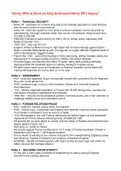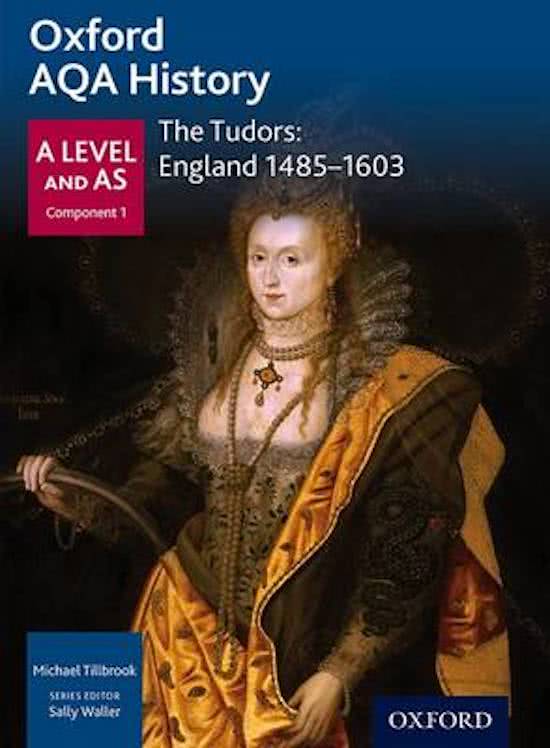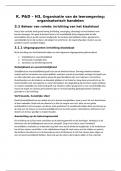Essay
A* A Level AQA Tudor History - Henry VIII Essay Plans + Essays
Includes 4 detailed Henry VIII Essay plans and 2 A* Henry VIII Essays for the A Level AQA Tudor History exam. Covers all spec of Henry VIII such as foreign policy, religion, succession etc. Perfect for revision for upcoming 2023 exams.
[Show more]





